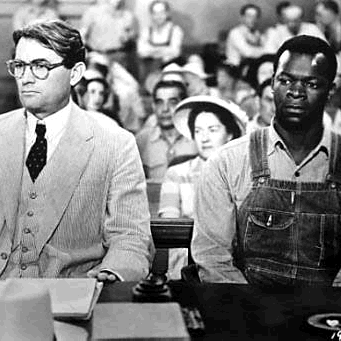THE ALIGNIST brought the multisensory literary journey contained in each box to the stage in a live event featuring a variety of performers as well as panel discussions at The Greene Space in New York City. The cultural showcase sought to “unpack” key themes from its COLOMBIA Box through a representation of the arts, culture, politics, and society of that country.
The evening opened with an improvisational performance by Pablo Mayor, a musician and composer, along with Daniel Fetecua, a dancer and composer.
For Fetecua, the moment was one of openness that guides him as a dancer, even when representing challenging issues.
“I did a piece based on the Bojayá massacre in which the country’s leftist FARC militants killed nearly 100 people, making the 2002 episode the single most deadly attack on civilians in the course of more than half a century of armed conflict,” he told the audience of about 100 people. “I was in Colombia but I felt like an outsider [in that indigenous community].”
Mayor too says his art opened him to new communities. He was still a student when he first began to perform publicly.
“I started to play for a lot of mafia people, doing gigs from first communions to birthday parties,” he explained. “And when I came to the United States it was shocking to hear people say, ‘You got some? Give me some!’ And you start to hear the joke and it starts to get old.”
Both men now strive to strike a balance between representing the challenges their country has faced and celebrating its rich culture.
“My focus has always been to work with the rhythms and the music from Columbia and presenting a new version of it,” Mayor said. “Something that is more contemporary.”
Sharing such stories across cultures requires special care, according to Germán Jaramillo, who played former Colombian Attorney General Gustavo De Greiff on the Netflix series Narcos. He said representing such a looming figure from the history of his country to a foreign audience felt like a huge responsibility.
He met with Greiff, who took issue with the heavy-handed nature of the U.S.-led War on Drugs.
Maria McFarland Sanchez-Moreno, executive director of the Drug Policy Alliance, offered context to the early years of that effort.
“Colombia, even before the drug war that involved Escobar, had its own internal armed conflict involving left wing guerillas, right wing paramilitary, the military, which the U.S. was interested in, and where the U.S. was siding with the government against the guerillas.”
The author of There Are No Dead Here: A Story of Murder and Denial in Colombia, she spent years investigating the impact of the conflict, and its root in combatting the production and sale of illicit drugs.
“When you started seeing cocaine being imported into the U.S. from Colombia in the 70s and 80s, that coincided with a domestic effort in the United States to really crack down on certain groups that were viewed as undesirable, specifically: black people and hippies according to Nixon’s aides,” Sanchez-Moreno told the audience. “It’s been well documented that the War on Drugs which Nixon started and which Reagan ramped up -- and which we’re still living with today -- was driven by that motivation.”
The Sound of Things Falling, by Juan Gabriel Vasquez, set those early days of the War on Drugs into motion. The book was the featured novel in Summer 2019 edition of THE ALIGNIST and Vasquez offered short reading from it. Although the work references myriad moments and individuals from Colombian history, Vasquez said he searched for something beyond the facts and figures in writing the novel.
“I grew up as a Colombian with this wealth of information of the drug wars and with pictures such as of the images of the bombed planes and the bombed planes, and with statistics of the number of deaths, and even with videos of Luis Carlos Galán being getting shot and killed during a rally in Colombia,” he said. “So I have this information about the visible side of the drug trade, what about the invisible side?”
“To write a novel only to say what you can find in newspapers, or in great journalism. Novels should try to tell you something else, the other side, the invisible side, the hidden side of reality. This is what I try to do with my books.”
And in doing so, he has shown that truth can often be stranger than fiction, and fiction more telling than the truth we’re able to glean about our world.























